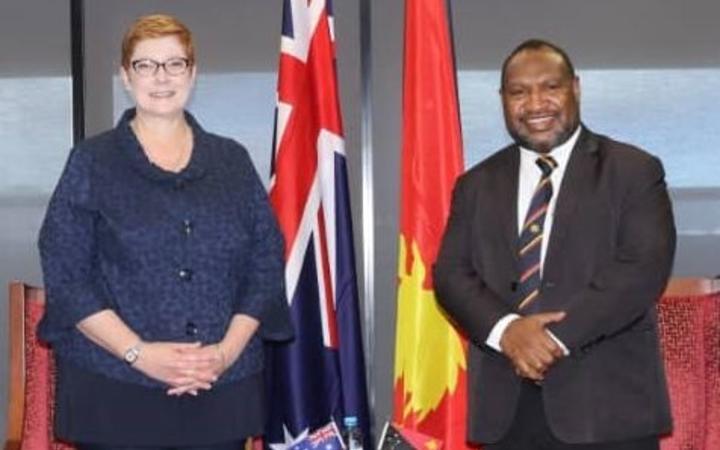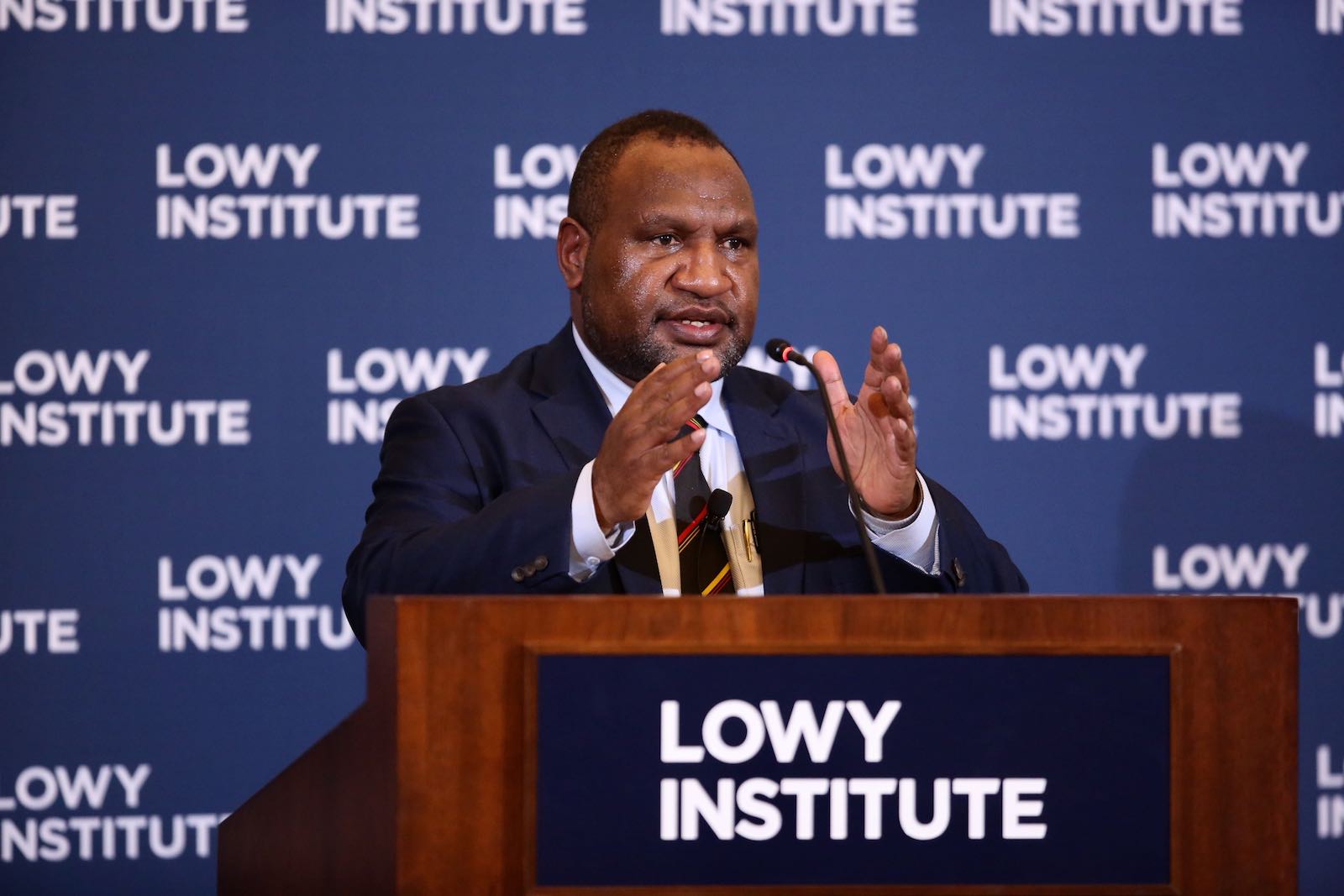
By REBECCA KUKU and HELEN TARAWA - The National
PRIME Minister James Marape has stressed that his “Move to the Opposition” ultimatum on Tuesday was aimed at the People’s National Congress (PNC) party and Peter O’Neill.
“There is no longer a PNC-led Government. The Government is now led by Pangu Pati.
“So as the leading party, Pangu is showing PNC and its party leader and former premier Peter O’Neill the (political) direction to relocate.
“We are making it clear that Pangu is detaching itself from the PNC,” he added.
Marape made the comments yesterday when The National asked if there was any ultimatum for PNC members, who were ministers, to leave their party.
He said ministers, PNC Members of Parliament (MPs) and members could choose to remain but as a party, Pangu was detaching itself from PNC.
“I have made it public knowledge that we are not here to run PNC’s interest or play second fiddle to PNC. So, party to party, we are detaching ourselves from PNC, especially from O’Neill,” he added.
Marape said it was up to PNC to decide what to do but “we’ve told them to go to the Opposition side (in Parliament)”.
“For the individual cases of ministers and members, they are welcome to choose to stay or move with the party,” he said, adding that “if they decide to stay, I will not kick them out”.
“Because our government is not based on parties. Take for example, the way I was voted as PM, I was supported by MPs from both sides of the political divide.
“And I have (to date) also invited two leaders who did not vote for me to join my Cabinet. So our Government is crossing party lines, we do not intend to be like past governments when the Cabinet members were appointed from a dominant party (in the Government caucus).”
Marape said it was basically about finding the best candidates to do the job.
“It is about bringing like-minded leaders who are ready to put the nation’s interest before their party and personal interests, regardless of which party they come from.
“So the PNC members in Government are welcomed to make their own decisions, but the Pangu-led Government is making it clear to all that we are now detaching ourselves from the PNC and O’Neill,” he added.
Earlier, Marape also spoke to The National saying: “The Government will respect individual leaders and MPs on their decision. The leaders will decide for themselves on which side of the House (Parliament) they wish to be.
“They have every right to make their own judgments, I have no influence in those party board room discussions. I made statements on behalf of the greater coalition we have, so we will let it rest with that.
“The Pangu Pati against the PNC has been declared. Individual members decide for themselves,” he added.
Parliament Speaker Job Pomat, a PNC member, said: “I support the Marape-Steven Government.
“I am the Speaker but I am also a member of PNC and will remain in the party and support the Government,” he added.
Another PNC member, Public Service Minister Westly Nukundj said he would serve the current PM and the Government of the day regardless of party affiliations.
“For us it is not about the political parties, it’s about the Government. And, we all remain committed to Marape. We voted him and we will support him,” Nukundj said.
“It is like-minded leaders coming together to run the country under a new leadership. Our position is we are committed to the current leadership and current Government.
“It is not just me but all the ministers.”
Go to this link for more: https://www.thenational.com.pg/marape-v-oneill/
















